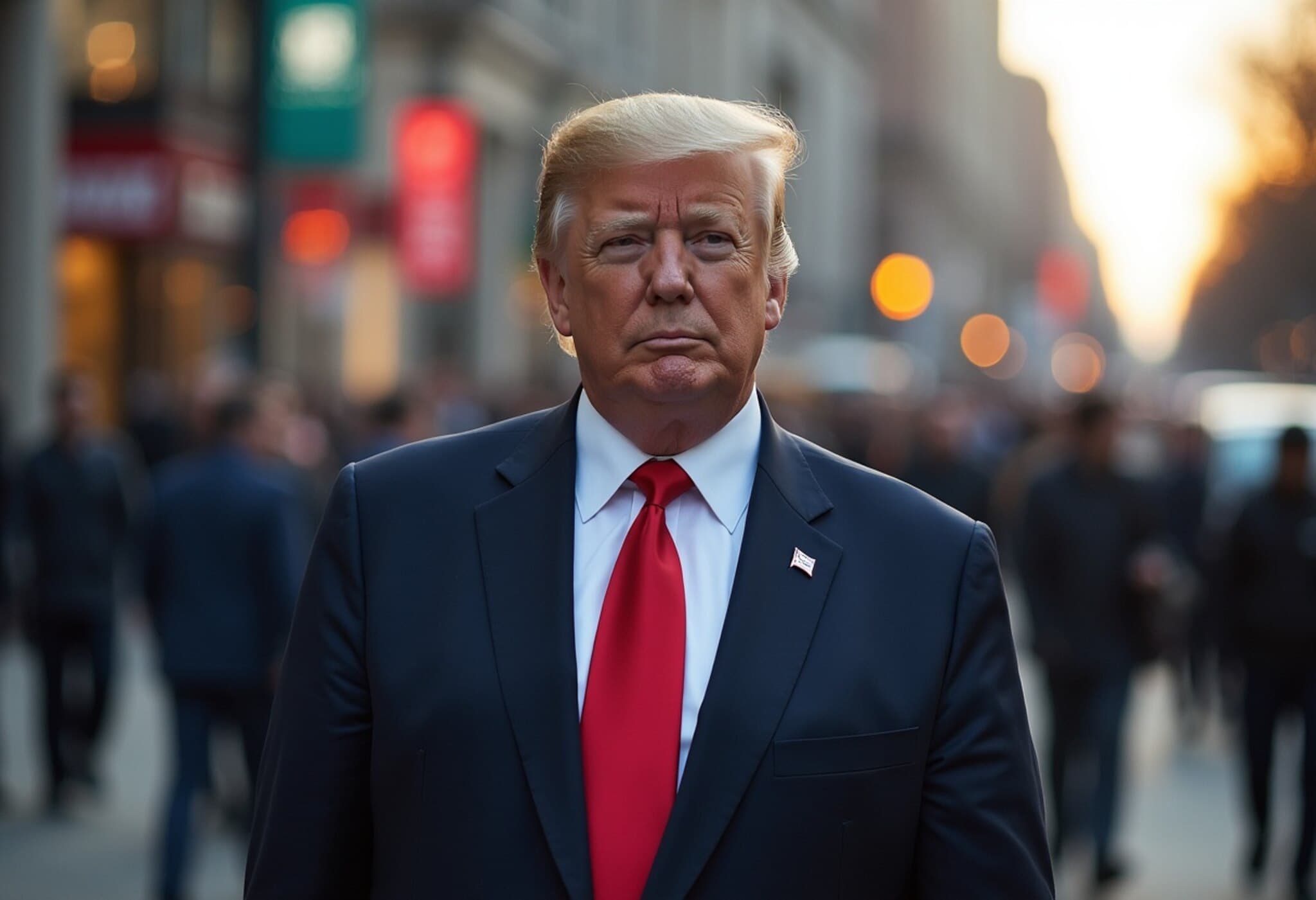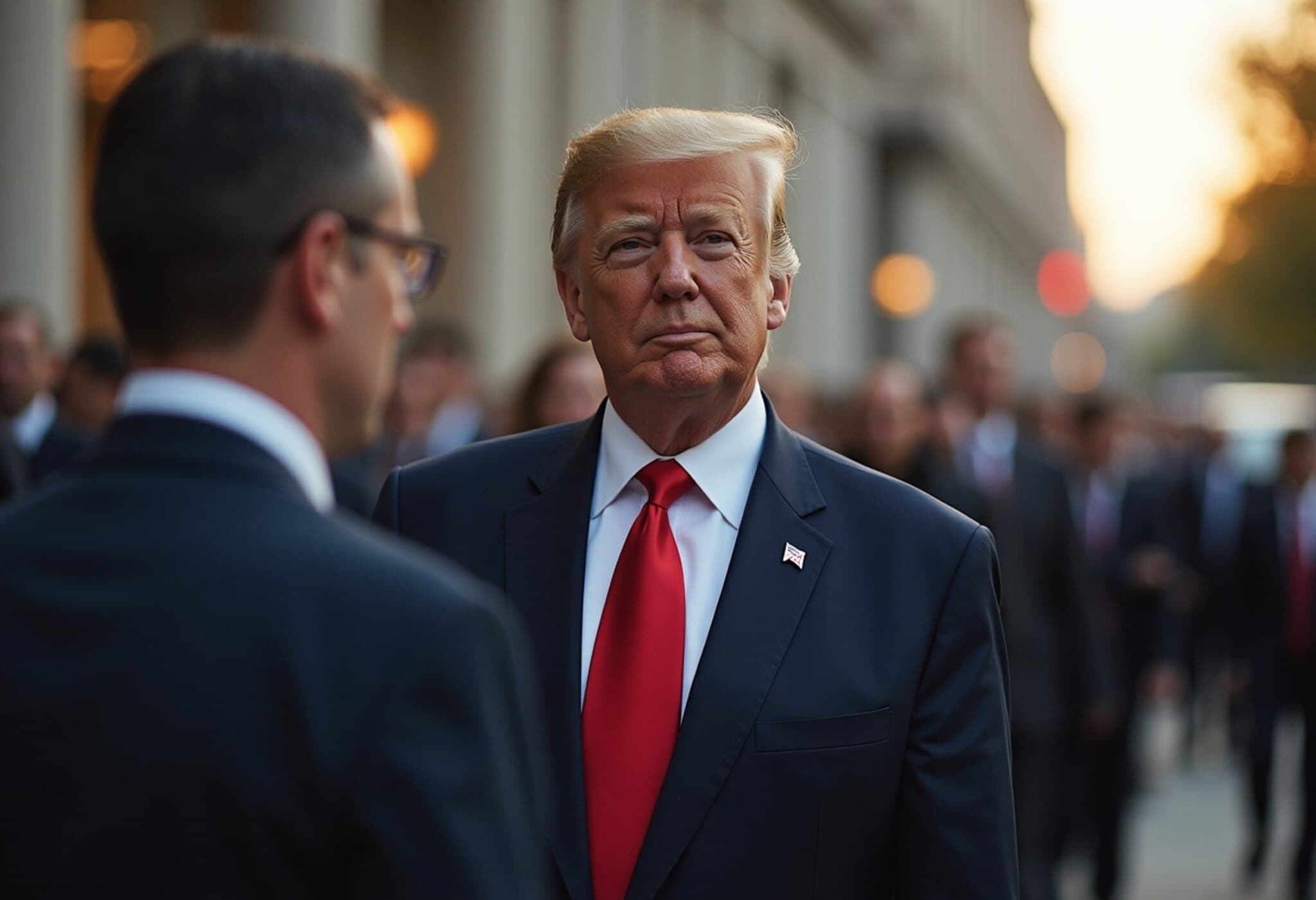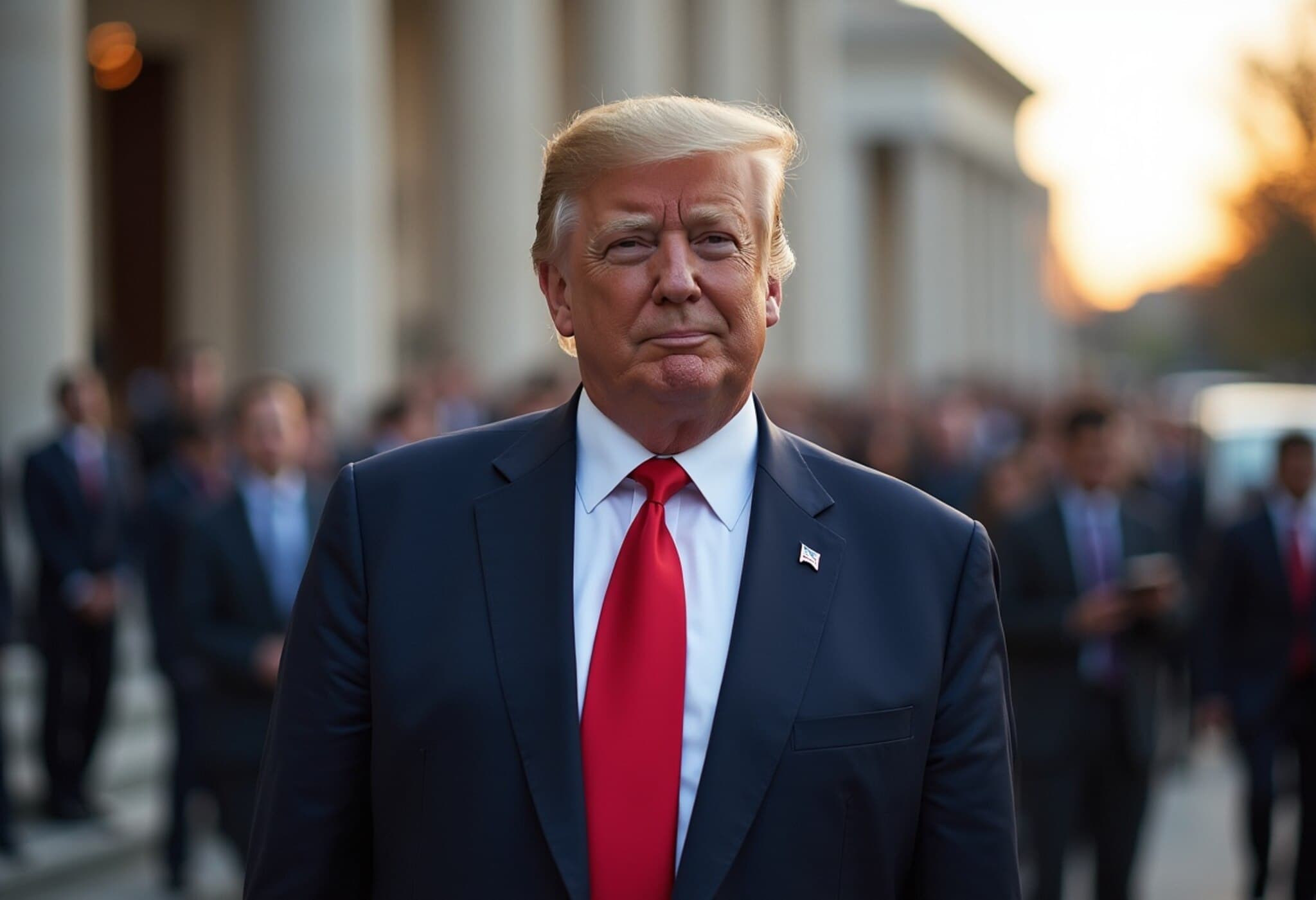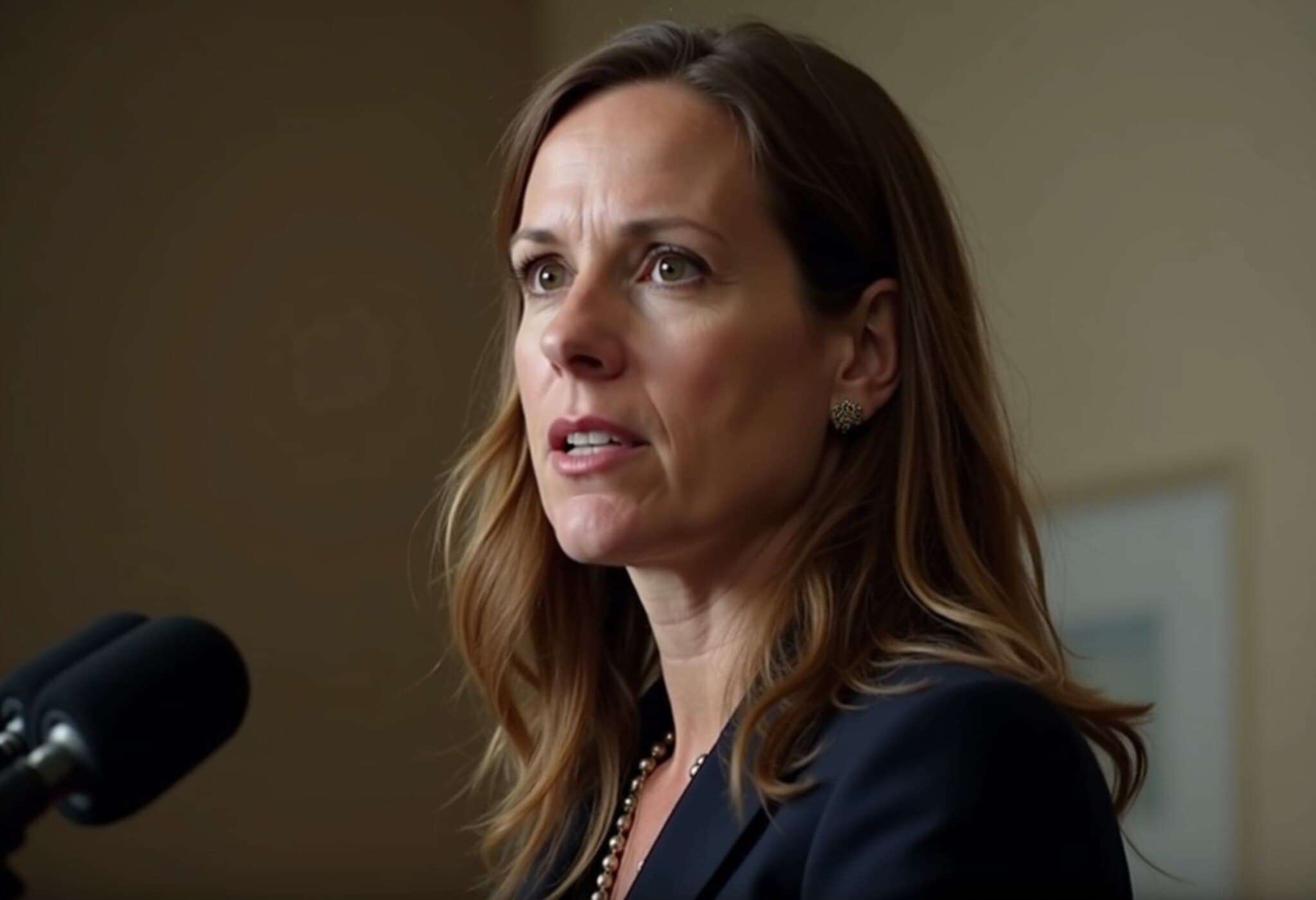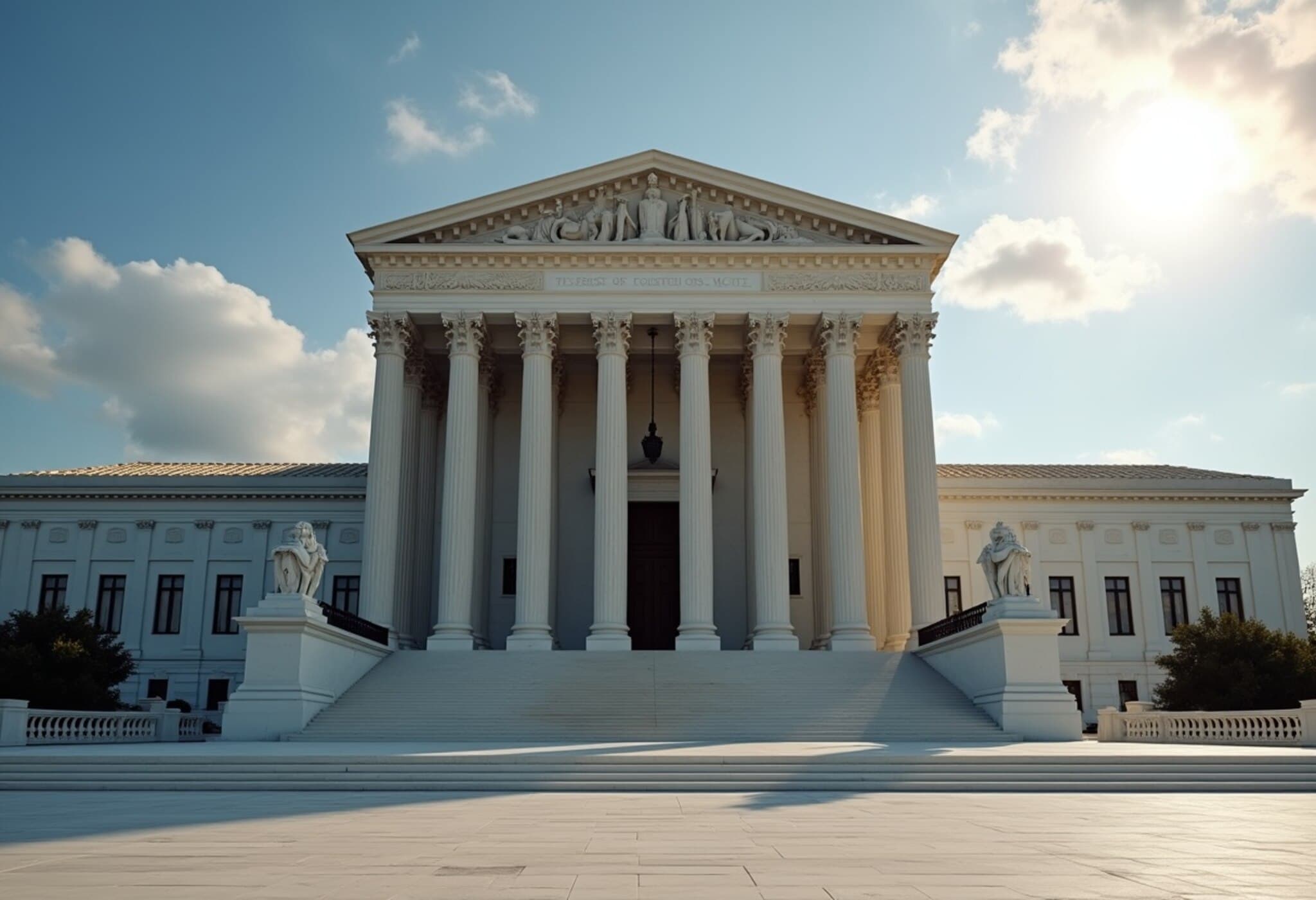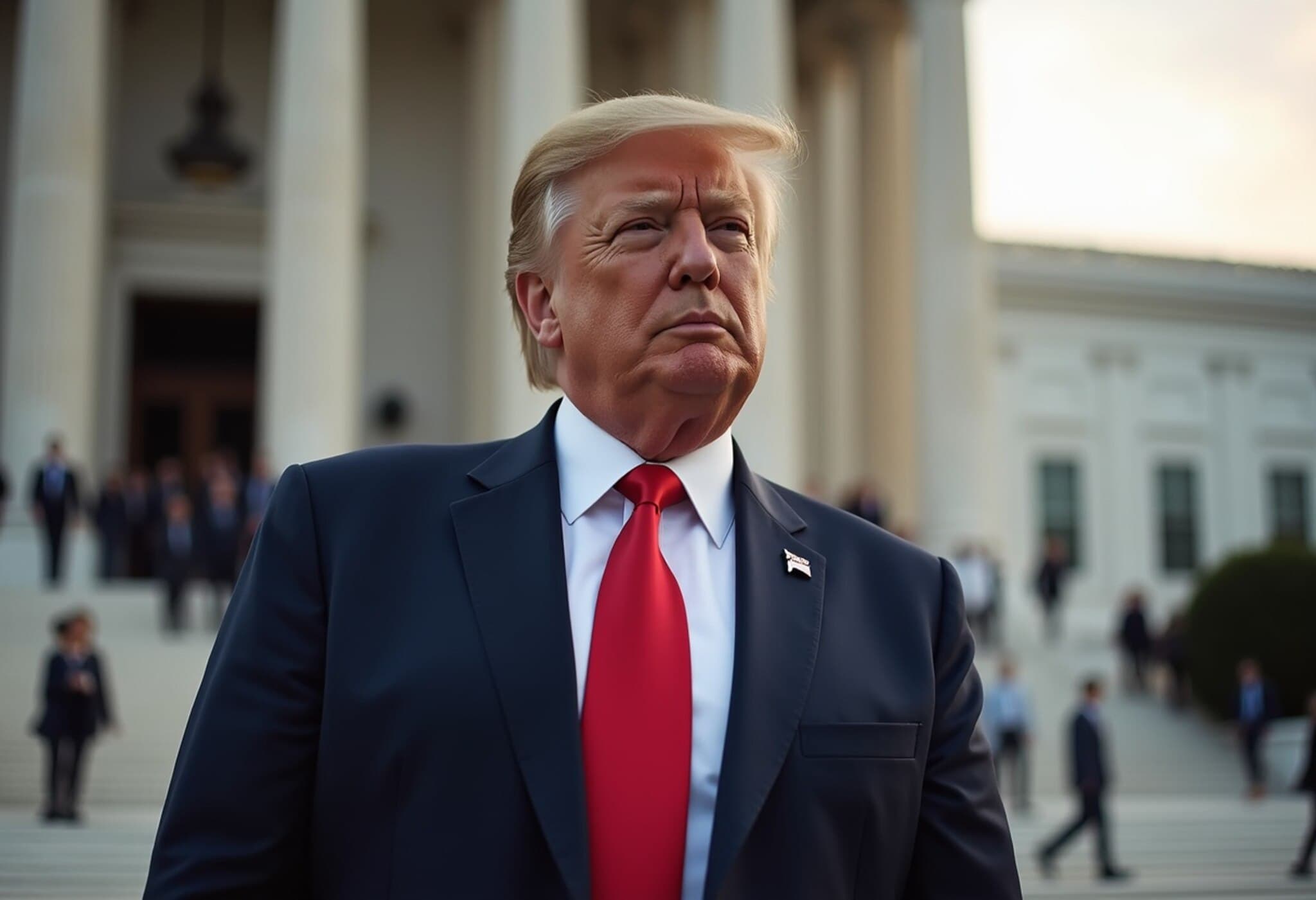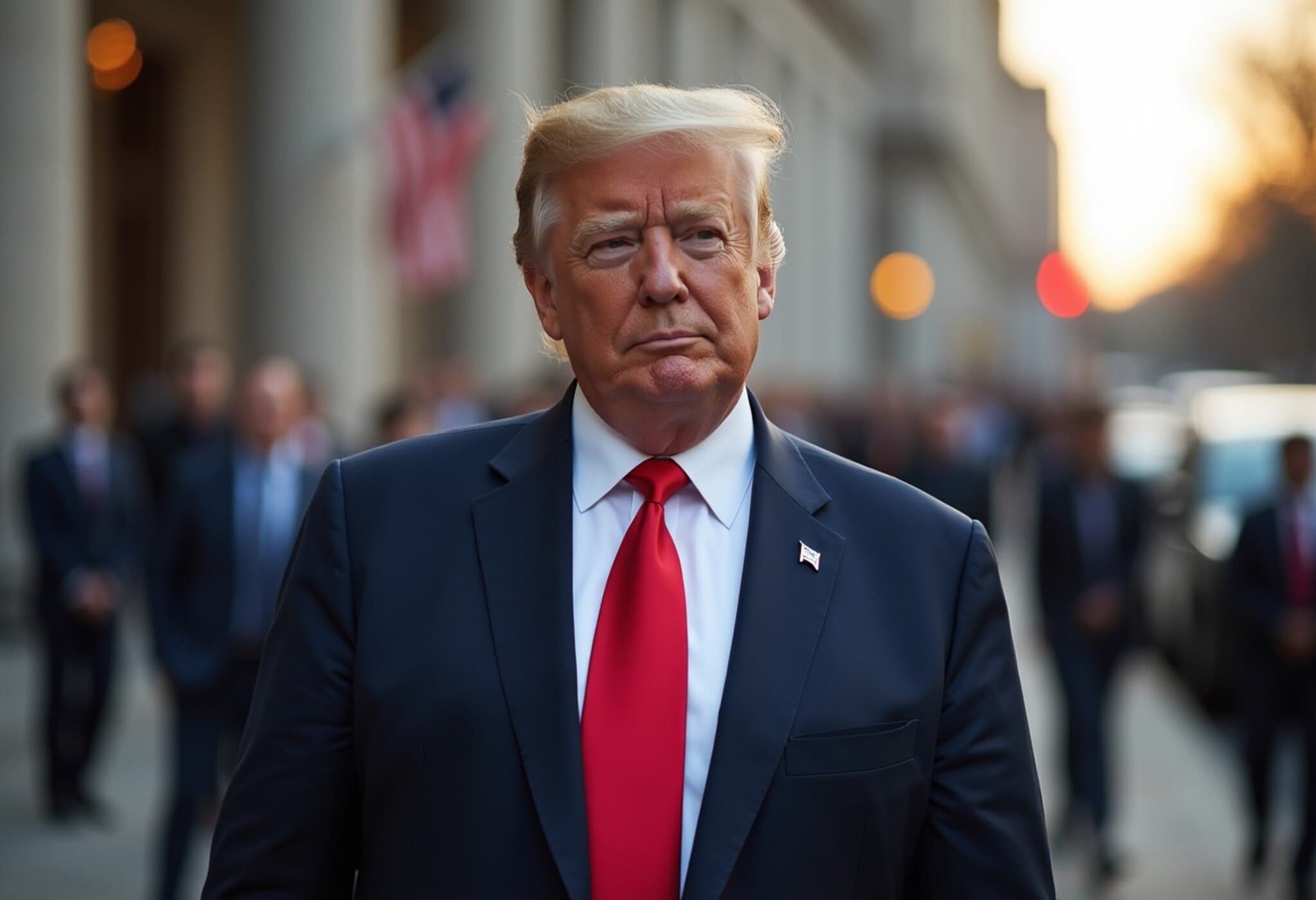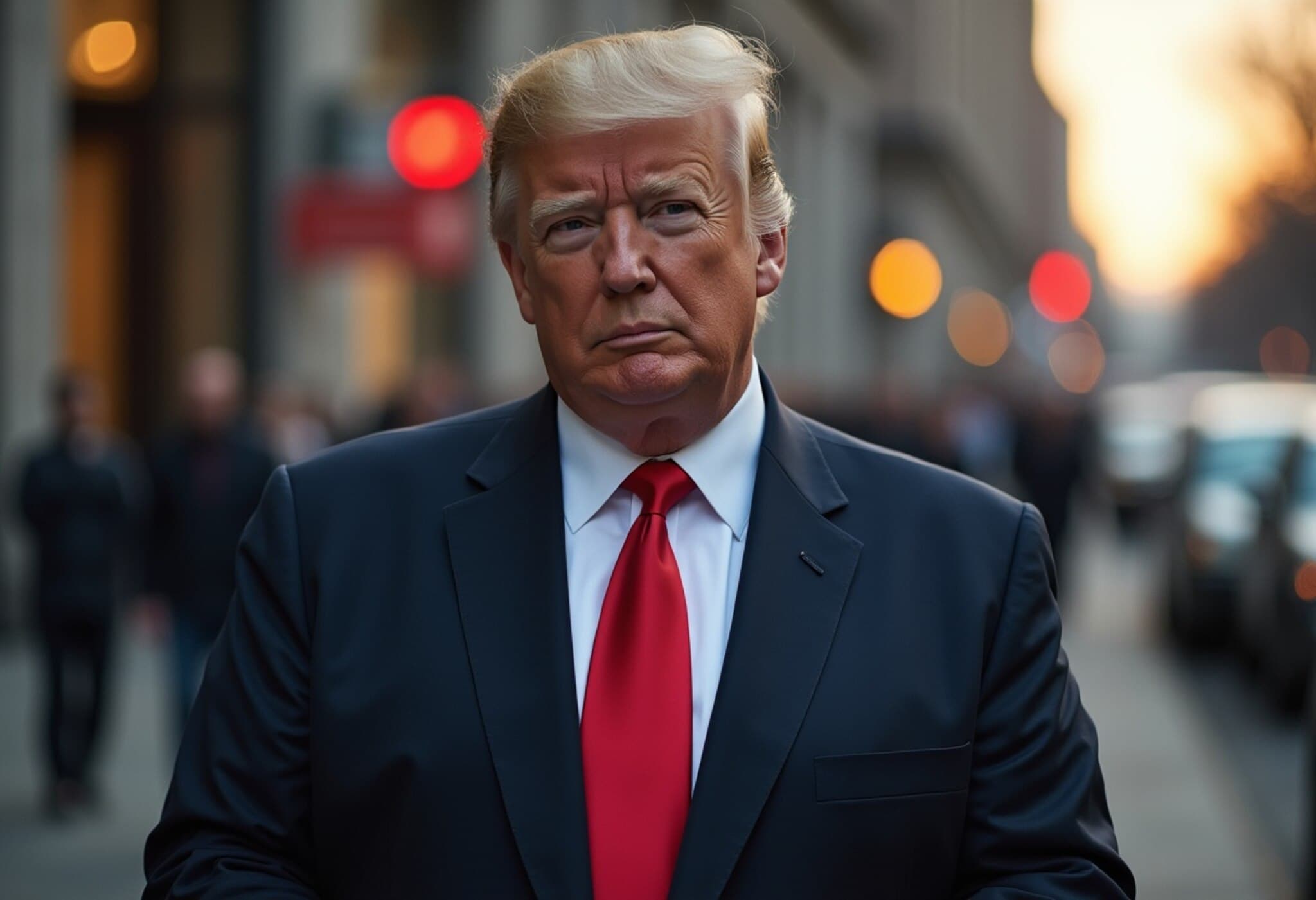Supreme Court Enables Resumption of Third-Country Deportations
In a significant ruling, the US Supreme Court has allowed the Trump administration to restart deportations of undocumented migrants to countries other than their own. The move overturns a stay imposed by a lower court that temporarily halted such expulsions.
Background on the Third-Country Deportation Halt
Earlier in April, a federal judge blocked these so-called third-country deportations, arguing that migrants were not afforded a "meaningful opportunity" to challenge their removal. District Judge Brian Murphy specified that migrants should have at least 15 days to present evidence indicating a risk of torture or death upon expulsion.
Details of the Initial Case
The current case involves eight men facing deportation to third countries. They hail from Myanmar, Cuba, Vietnam, Laos, Mexico, and South Sudan, and have been identified by US officials as convicted violent criminals. At the time of the halt, some were being transported to war-torn South Sudan and have since been held at a US military base in Djibouti.
Supreme Court Decision and Reactions
The conservative-leaning Supreme Court issued an unsigned order responding to the Justice Department’s emergency request to lift the injunction. Notably, the Court did not explain its reasoning, and the decision split along ideological lines, with the three liberal justices dissenting.
Justice Sonia Sotomayor sharply criticized the ruling, condemning the administration for what she called "flagrantly unlawful conduct" that puts thousands at risk of torture or death. She warned that the government appears unconstrained by legal safeguards, deporting individuals without due notice or a chance to contest their removal.
Administration’s Position on Third-Country Deportations
The Trump administration defends the policy as necessary, pointing out that some home countries refuse to accept their nationals back. According to the Department of Homeland Security (DHS), this ruling is a "victory for the safety and security of the American people." DHS underscored that without the Court’s intervention, dangerous individuals—including murderers, child rapists, and drug traffickers—would remain free in the US.
In a forceful statement on social media, DHS declared, "Fire up the deportation planes," emphasizing their renewed ability to remove unauthorized immigrants to willing countries.
Ongoing Legal Battles and Broader Implications
The Supreme Court’s decision is temporary; the underlying case challenging third-country deportations will proceed through the appeals courts. Meanwhile, other related expulsions, such as those concerning Asian migrants being sent to Libya, also face legal hurdles.
Trump campaigned on a promise to deport millions of undocumented migrants and has pushed for rapid removals since returning to office. However, widespread judicial pushback highlights ongoing tensions between enforcement goals and migrant rights, particularly regarding due process protections.
What Lies Ahead?
- The appeals court will soon tackle the legality of third-country deportations in depth.
- Migrants will likely continue challenging expedited removals in court.
- The administration may expand efforts to deport individuals to countries willing to accept them, despite concerns from human rights advocates.
As this legal saga unfolds, the balance between immigration enforcement and safeguarding individual rights remains a contentious and closely watched issue.

